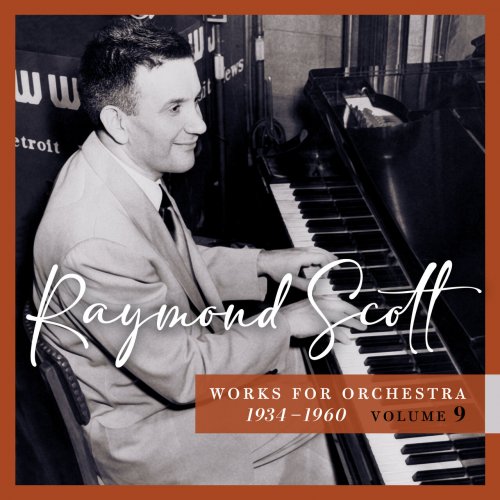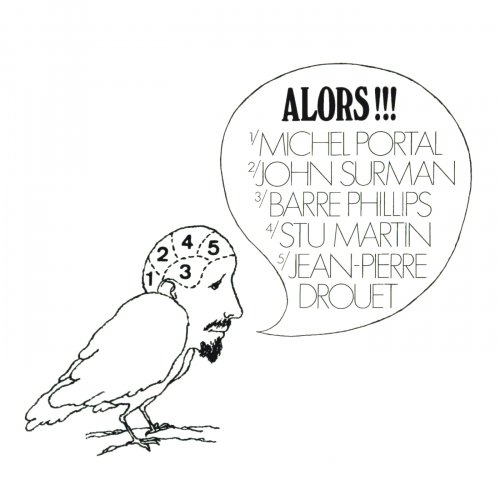Marco Mantovani - Schumann: On the Shoulders of Giants (2024)
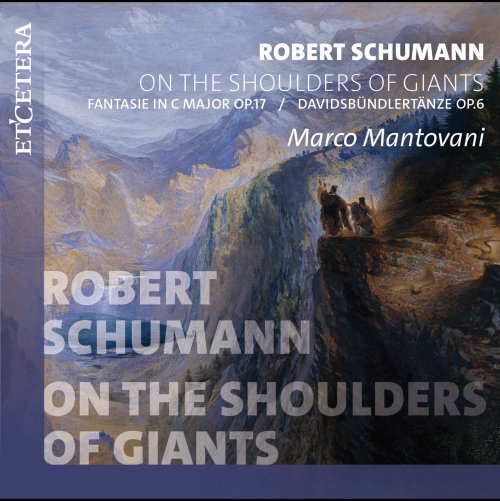
Artist: Marco Mantovani
Title: Schumann: On the Shoulders of Giants
Year Of Release: 2024
Label: Etcetera
Genre: Classical Piano
Quality: flac lossless (tracks)
Total Time: 01:06:29
Total Size: 252 mb
WebSite: Album Preview
TracklistTitle: Schumann: On the Shoulders of Giants
Year Of Release: 2024
Label: Etcetera
Genre: Classical Piano
Quality: flac lossless (tracks)
Total Time: 01:06:29
Total Size: 252 mb
WebSite: Album Preview
01. Fantasie in C Major, Op. 17: I. Durchaus phantastisch und leidenschaftlich vorzutragen
02. Fantasie In C Major, Op. 17: II. Mäßig. Durchaus energisch
03. Fantasie In C Major, Op. 17: III. Langsam getragen. Durchweg leise zu halten
04. Davidsbündlertänze, Op. 6: Lebhaft
05. Davidsbündlertänze, Op. 6: Innig
06. Davidsbündlertänze, Op. 6: Etwas hahnbuchen. Schneller
07. Davidsbündlertänze, Op. 6: Ungeduldig
08. Davidsbündlertänze, Op. 6: Einfach*
09. Davidsbündlertänze, Op. 6: Sehr rasch und in sich hinein
10. Davidsbündlertänze, Op. 6: Nicht schnell. Mis äusserst starker Empfindung
11. Davidsbündlertänze, Op. 6: Frisch
12. Davidsbündlertänze, Op. 6: 'Hierauf schloss Florestan und es zuckte ihm schmerzlich um die Lippen'
13. Davidsbündlertänze, Op. 6: Balladenmassig. Sehr rash
14. Davidsbündlertänze, Op. 6: Einfach
15. Davidsbündlertänze, Op. 6: Mit Humor
16. Davidsbündlertänze, Op. 6: Wild und lustig
17. Davidsbündlertänze, Op. 6: Zart und singend
18. Davidsbündlertänze, Op. 6: Frisch II
19. Davidsbündlertänze, Op. 6: Mit gutem Humor
20. Davidsbündlertänze, Op. 6: Wie aus der Ferne
21. Davidsbündlertänze, Op. 6: 'Ganz zum Überfluss meinte Eusebius noch Folgendes, dabei ....
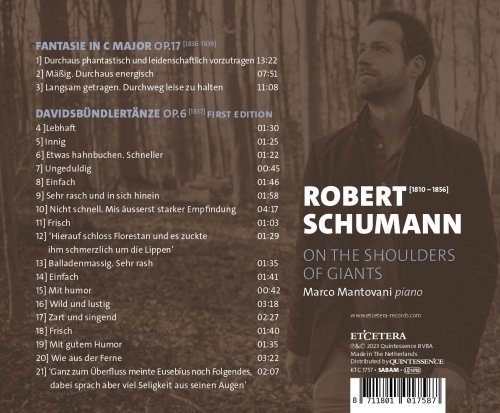
The motto "dwarfs on the shoulders of giants" has been used since the Middle Ages (nani gigantum humeris insidentes) to express modern culture's dependence on the ancient. Moderns are like dwarfs compared to the great thinkers and artists of the past, but by climbing on their shoulders they can see farther.Schumann was conscious of his the indivisible part he played in German musical culture from an early age. Already in his early twenties he wrote in his diary: "The future should be the higher echo of the past" and in the first issue of the Neue Zeitschrift fur Musik (Jan. 2, 1835) he published the following programmatic manifesto: "Our intentions have been firm from the beginning, and they are quite simple: to be mindful of former times and their contributions, and to point them out as the only pure source at which present artistic endeavour can find renewed strength." In the same years Schumann summarized the history of music into ten interrelated periods each one developing from the previous one, reaching the summit with Schubert and Beethoven. The study of their works, not forgetting those of Bach, was of fundamentalimportance in shaping and refining Schumann's creative talent. How could one create new music after the pinnacle had already been reached? This question long tormented the young Schumann in search of a personal voice, struggling between originality and worthy continuation of the great tradition.
"From the first day I discovered somebody with great talent, wonderful musicality, wishing to understand music in a deep way" - Maria Joao Pires
"He is one of the most wonderful and complete talents encountered in recent years. His musicianship is really of the finest kind. All parameters of the most complex repertoire are perfectly mastered, and there seem to be very few limits to what he can do, whether artistically, or instrumentally" - Aleksandar Madzar
"He is one of the most talented pianists I have heard during the last 10 years at the Royal Conservatory of Brussels. During his performances he always showed a superb technique coupled with an infallible musical instinct. His affinity with Robert Schumann's work is of an extraordinary intensity" - Jan Michiel
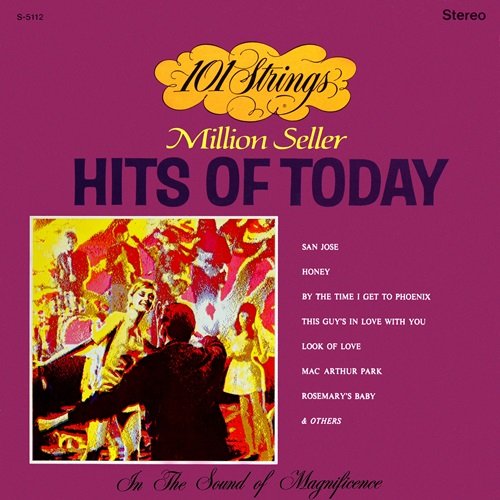

![Toc - Quelques idées d’un vert incolore dorment furieusement (2025) [Hi-Res] Toc - Quelques idées d’un vert incolore dorment furieusement (2025) [Hi-Res]](https://img.israbox.com/img/2026-01/03/2p7a6y1mdz29most6p7irqo6y.jpg)
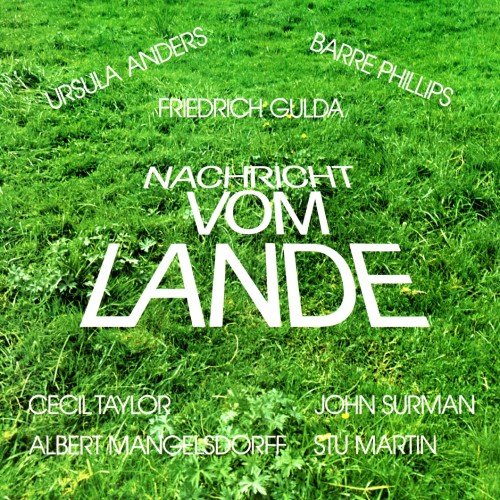
![Oiro Pena - Oiro Pena (2020) [Hi-Res] Oiro Pena - Oiro Pena (2020) [Hi-Res]](https://img.israbox.com/img/2026-01/04/r18zex2qlhbhk9ouirvlgxcm2.jpg)
![Oleksandr Kolosii - Paws Up (2023) [Hi-Res] Oleksandr Kolosii - Paws Up (2023) [Hi-Res]](https://www.dibpic.com/uploads/posts/2023-04/1681924828_folder.jpg)

